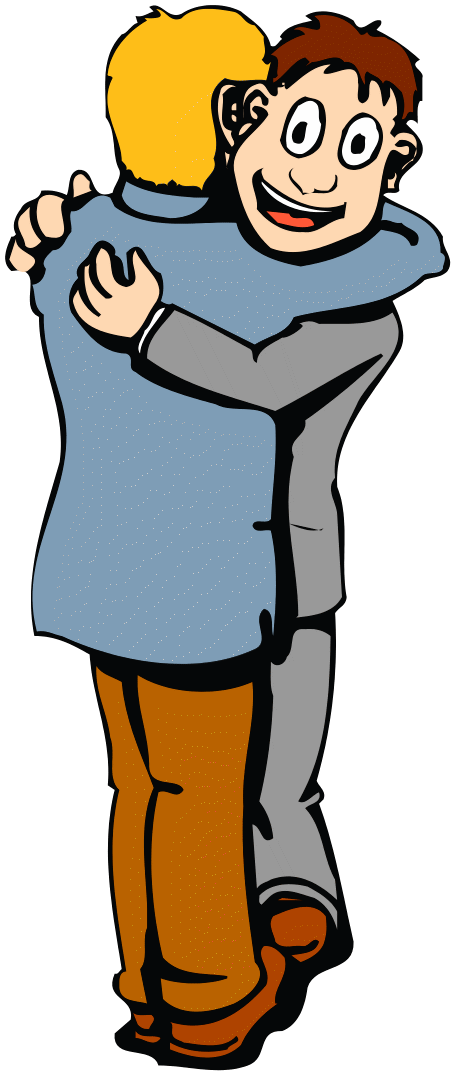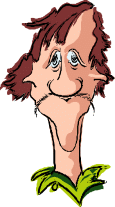
- •The Noun The Noun is the name for anything, I.E. People, animals, things.
- •In English grammar there are two numbers, singular and plural.
- •There are some irregular nouns that are rendered as exceptions.
- •They have their special plural form.
- •1. Formation of nouns
- •I. Noun-forming suffixes
- •II. The most common prefixes
- •III. Compound nouns
- •The Possessive Case of the Noun. The Article.
- •The use of the articles with the proper names
- •Geographical Names
- •The Use of the Articles with the Names of the places and organizations
- •Some Peculiarities of the Article Usage
- •Shakespeare is the author that wrote the play.
- •The Pronouns
- •The Pronouns
- •Indefinite Pronouns
- •The adjectives
- •Which adjectives describe life in a city? Which describe life in a country?
The Use of the Articles with the Names of the places and organizations
Определенный артикль the
Нет артикля
исторические события
the French Revolution,
названия политических и общественных организаций
the Senate, the Houses of parliament, the United Nations, the police, the Government
NATO, Parliament, Congress
общественные и исторические здания, церкви
The Bank of England, The Winter Palace, The Tower of London
Westminster Abbey, St. Paul’s Cathedral, Buckingham Palace
документы
the Constitution
политические партии
the Labor Party, the Tory
газеты и журналы
the Times, the Washington Post
Pravda, Der Spiegel
сеть магазинов, компании
General Motors, Sony, Shell
корабли, поезда, космические корабли
the Titanic, the Orient Express
Apollo, Challenger
театры, кинотеатры
The Globe, the Bolshoy, the Odeon, the Arbat
Her Majesty’s
музеи
The British Meseum, the Hermitage, the Tate Gallery
парки
Hyde Park, St. James’s Park
школы, колледжи, университеты
The University of London
Carnegy College, London University, Manchester Grammar School
гостиницы, рестораны
The Hilton, the Cage Royal
Leoni’s, Brown’s
станции, аэропорты
Heathrow, Sheremetyevo
названия стран, штатов, улиц
Yorkshire, Texas, Oxford, High Street
Some Peculiarities of the Article Usage
|
No article |
The |
a |
Set expressions |
Months, days |
May is a spring month. |
We’ll always remember the May of 1945. |
A cold May is a usual thing in St.Petersburg. |
|
Seasons |
I like winter. It was early spring. |
It happened in the spring of 1930. |
It was a beautiful spring. |
|
Day, night, morning, evening, afternoon |
Day is meant for work, night for sleep. |
The night was warm and beautiful. |
I spent a sleepless night. |
By day/ by night; At night/ at dawn/ daybreak/ sunrise/ sunset/ noon/ night; From morning till night; In the morning/ evening/afternoon; |
Languages |
She knows English well. |
The English of America differs from the English of Great Britain. |
|
What is the English for …? |
Meals (lunch/dinner/ tea) |
Did you have dinner? |
The dinner we had today was very tasty. |
After a heavy breakfast we started for … |
To have breakfast/dinner/ supper
|
|
No article |
According to the rule |
School/ college/ university |
To be at school/college/university To go to school/college/university To leave school/college |
To go to the school To leave the school (the building is meant ) |
Church |
In church/ at church |
The church was built in … There is a church in the city. |
Prison/ jail |
To be in prison To be sent to prison To be put in prison |
Ken went to the prison to visit his brother. |
Bed |
To go to bed/ to be in bed/ to stay in bed/ |
Her portrait was on the wall beside the bed. There is a bed… |
Work |
To go to work/ to be at work/ to start work |
I like the work I’m doing.
|
Home |
To go home/ to come home/ to be at home/ to stay at home/ to feel at home |
An orphans home/ a nursing home/ a maternity home |
Town |
To town/ in town |
I was to go to the town I was born in. |
Hospital |
To go to hospital/ to be in hospital |
When Ann was ill we went to the hospital to visit her. |
R ead
a picture story. Explain the usage of the articles.
ead
a picture story. Explain the usage of the articles.
It happened in a small town in Siberia. .

I watched a car as it came up our road. The car stopped outside our house and a man got out. The man …


He was a doctor.
A child can understand it.

He had hardly spoken a word as we left the house.


He said: ‘I’ll be back in a minute. My car makes 120 km an hour. I need some books. I go to the library twice a week.
W
 hat
a clever man!
hat
a clever man!
My friend, a history teacher, knows a lot but he doesn’t visit the library so often.

He is such a clever man.
He knows everything about measles, mumps, shingles, blood pressure, flu, gout, hepatitis.
H

 ow
did you like the play?
ow
did you like the play?

